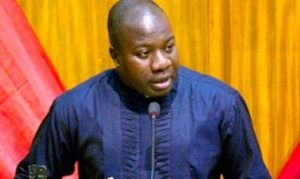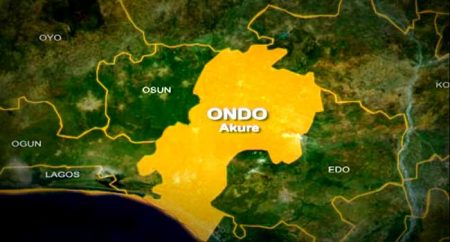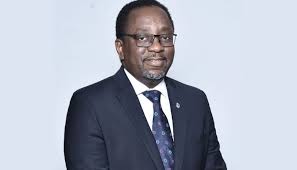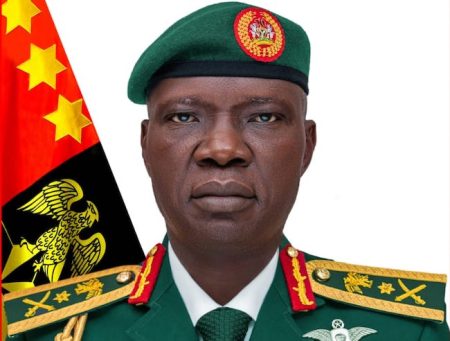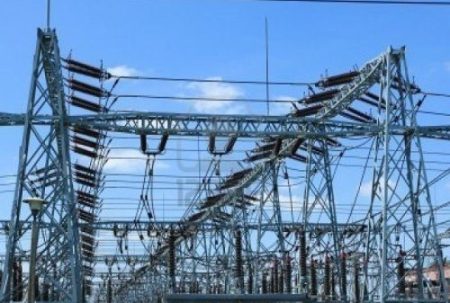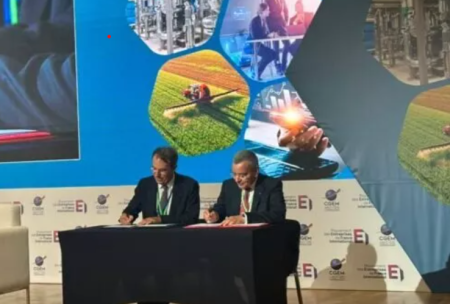The Fisheries Society of Nigeria (FISON) has made a significant appeal to the Federal Government, advocating for the establishment of the Fisheries Institute of Nigeria. This initiative aims to bolster the country’s fisheries resources and blue economy, which is crucial for achieving sustainable development and self-sufficiency in the sector. The call was articulated by FISON President, Dr. Ebinimi Ansa, during her address at the 39th Annual National Conference and Meeting/20th Fellowship Investiture Ceremony, held in Abuja. Dr. Ansa emphasized the pressing need for professionalization within the fisheries and aquaculture sectors, which would enhance capacity and ensure operations adhere to globally accepted standards. This formal establishment is viewed as a critical step in the development and management of fisheries resources in Nigeria.
Dr. Ansa’s address further underscored the integral role the proposed Fisheries Institute would play in providing a structured framework for capacity building, certification, and professional development. The institute’s establishment is seen as vital for facilitating knowledge transfer and the adoption of best practices surrounding fisheries management and aquaculture operations. Moreover, it aims to align Nigeria’s fisheries policies with international regulations, positioning the country competitively in regional and global markets. This professional infrastructure could enhance the sustainability of marine resources, addressing both environmental and economic facets crucial to the nation’s growth.
The initiative received commendation from President Bola Tinubu, who was awarded a fellowship by FISON for his administration’s efforts in creating a dedicated ministry for the marine and blue economy. His administration’s creation of this ministry signifies a deliberate step towards repositioning Nigeria as a significant player in the global blue economy landscape. The recognition highlights the government’s commitment to advancing the fisheries and aquaculture sectors, promoting investment, and ensuring sustainable practices that can harness the potential of Nigeria’s vast marine resources.
Minister of Marine and Blue Economy, Mr. Adegboyega Oyetola, echoed the importance of the conference’s theme, “Unlocking the Investment Potential of Nigeria’s Blue Economy, Advancing the Fisheries and Aquaculture Sectors for Sustainable Development.” He described the recent transfer of the Department of Fisheries and Aquaculture to the newly established Ministry as a transformative step. This move is designed to enhance the focus on achieving self-sufficiency in fish production while positioning Nigeria as a notable exporter of fish and fisheries products globally. Under his leadership, the Ministry aims to leverage the unique qualities of the marine and blue economy to foster robust economic growth.
Mrs. Didi Walson-Jack, Head of Service of the Federation, also highlighted Nigeria’s commitment to sustainable fisheries. She articulated that this aligns with the broader national goals amidst pressing environmental and economic challenges. Her remarks emphasized that enhancing fisheries productivity, promoting rigorous research, and building capacity are foundational elements for ensuring future resource sustainability. This focus on sustainability signals an awareness of the interconnectedness of current practices and long-term resource availability for upcoming generations, which is critical in the context of climate change and environmental degradation.
In conclusion, the establishment of the Fisheries Institute of Nigeria, as advocated by FISON, represents a significant step towards formalizing and enhancing the capacities within the fisheries and aquaculture sectors. This initiative, supported by the government, aims to ensure Nigeria can effectively leverage its rich marine resources for sustainable economic growth and can position itself competitively in the global market. As stakeholders convene to focus on unlocking the investment potential of the blue economy, the integration of professional standards, sustainability practices, and structured development will be paramount for the future of Nigeria’s fisheries resources. Through commitment at various levels of government and society, there exists a hopeful trajectory for the advancement of Nigeria’s fisheries and aquaculture industries.


